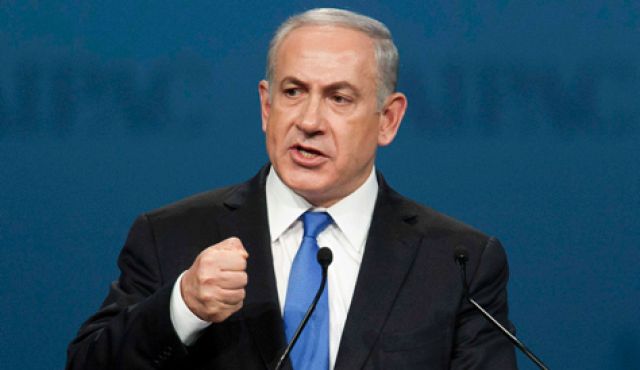Natallie Mashian
Life Editor
Israel’s parliamentary elections took place on Tuesday, with Likud, Prime Minister Benjamin Netanyahu’s center-right party, winning the highest amount of seats. This means that for the next few years they will hold majority power. With a slight edge over the Zionist Union, a center-left party, Likud will be taking its sixth year in office. As the election buzz comes to an end, students having been posing the question: What does this all mean?
Unlike the United States, Israel has a parliamentary system where party representatives win chairs in office. There is a Prime Minister, who is the equivalent to the U.S. President, and there is also a President, who acts more like a social figure and deals with granting pardons, reducing sentences of convicted criminals.
As of right now, the Likud party has won 29 to 30 of the 120 seats in Parliament, but it is up to President Reuven Rivlin to determine whether or not the government will have the ability to make a good coalition.
What the left and right parties boil down to are as follows:
Left/Center-Left: (Yesh Atid, Zionist Union, Labor Party…)
Palestine:
Relative to the right, the left has more of a commitment to a two-state solution. They believe that it is in the best interest of the country to arrange a conclusion through negotiations that would lead to a full peace agreement. They are most inclined to make concessions in terms of land to achieve the intended peace.
Economy:
Because the cost of living and food prices have become very expensive, voters seem more concerned with the economy that security issues. Housing has become a major issue within economic concerns, so parties like the Zionist Union want to lower the prices of government owned land, pass the Fair Rent Bill and hopefully set plans to build half a million new residential units in the next five years.
Right/Center-Right (Likud, The Jewish Home, Yisrael Beinteinu…)
Palestine:
Netanyahu of the Likud party announced on Tuesday, during a radio show, that there will be no Palestinian state. More recently, he retracted these comments by saying to NPR’s Steve Inskeep “What I said was that under the present circumstances, today it is unachievable” Most right-wing party members are opposed to the two-state solution and have made statements against Israeli Arabs who are not loyal to the Israeli State. They have not been as inclined as the left to give up land.
Economy:
The Likud party has adopted a mixed economic policy. Through legislation they have pushed to reduce value added tax. Under Netanyahu, Likud has been maintaining a fiscally conservative economic stance. Yisrael Beitenu supports free-market economic policies and according to their party’s platform website ”favors financial incentives, tax discounts and the reduction of bureaucracy”.
The Likud party will now be working on creating the coalition between the 120 members of Knesset, Israel’s Parliament, something that they have been quite use to over past few years.



